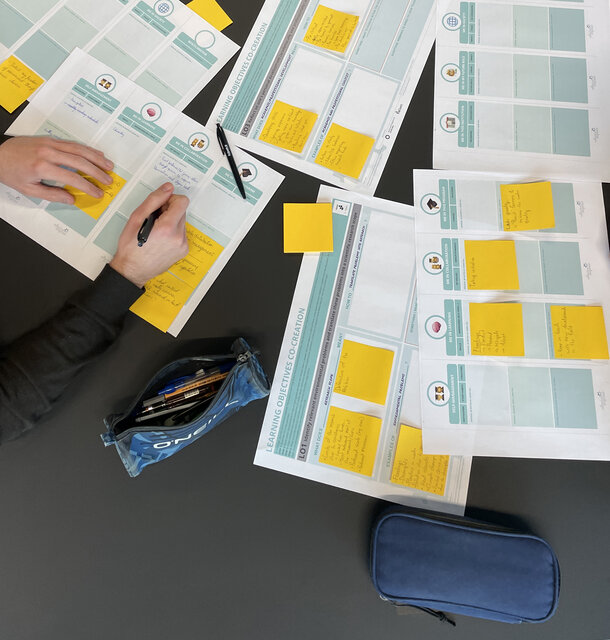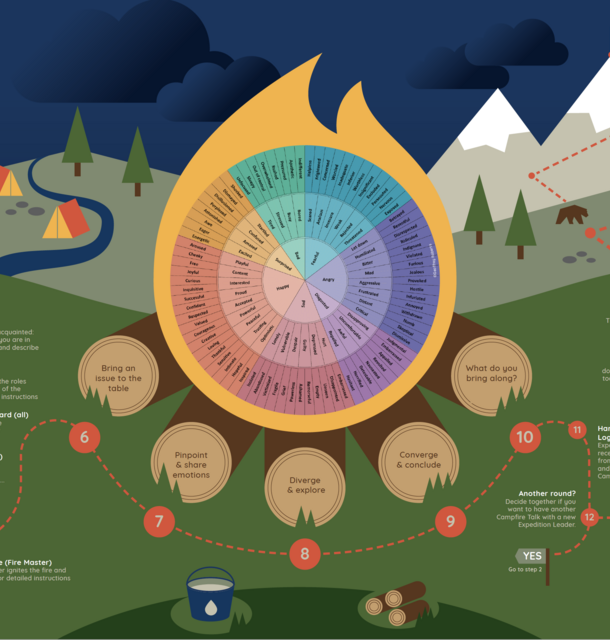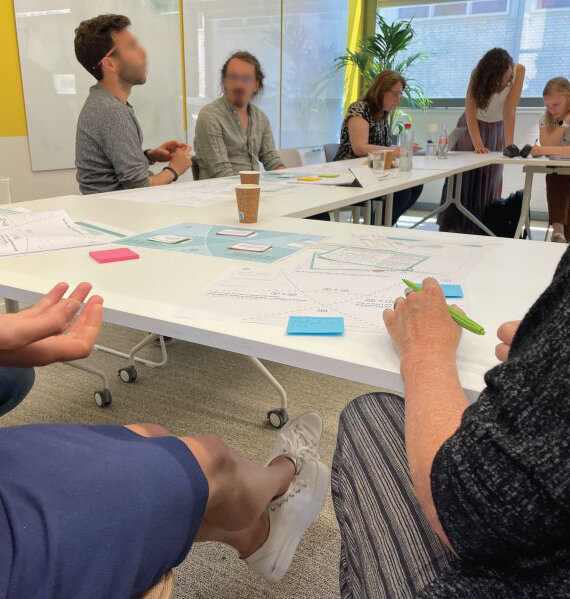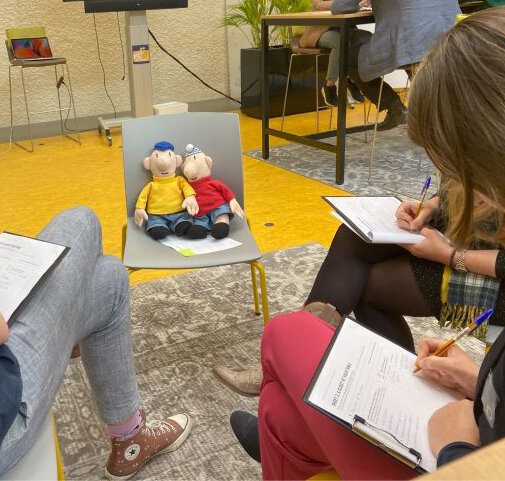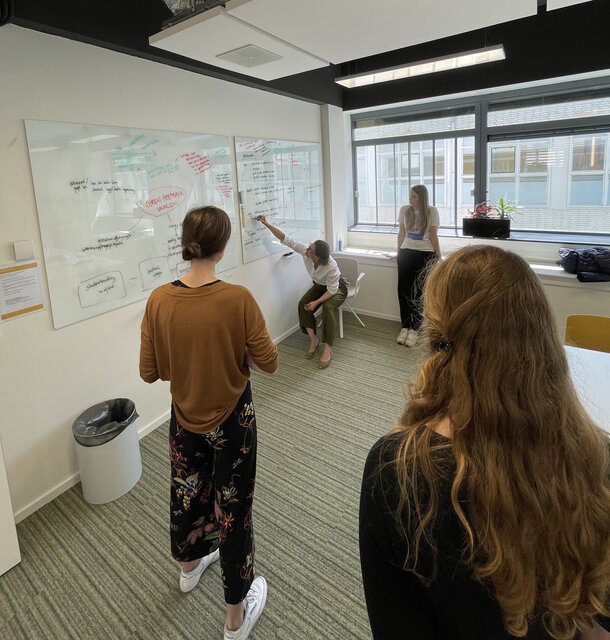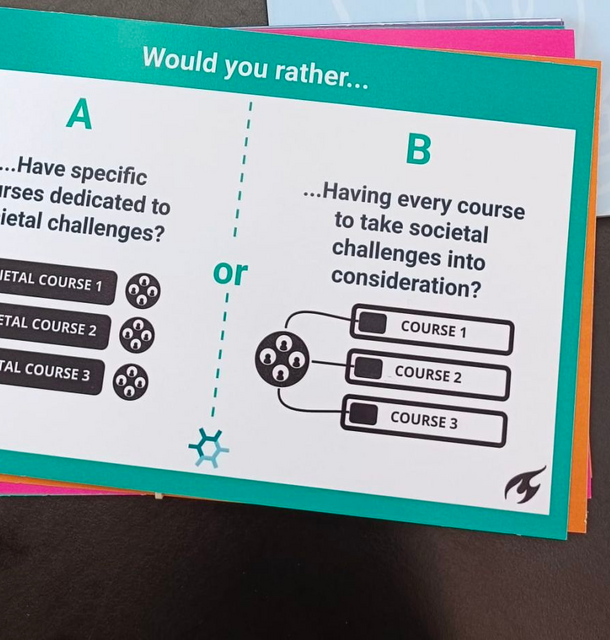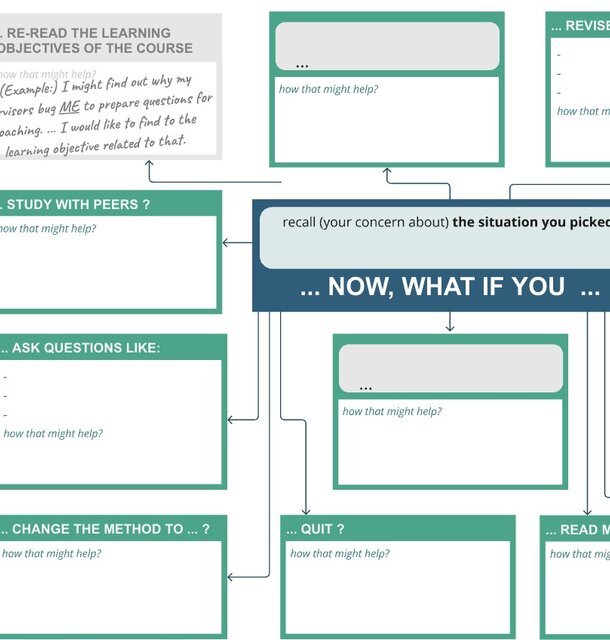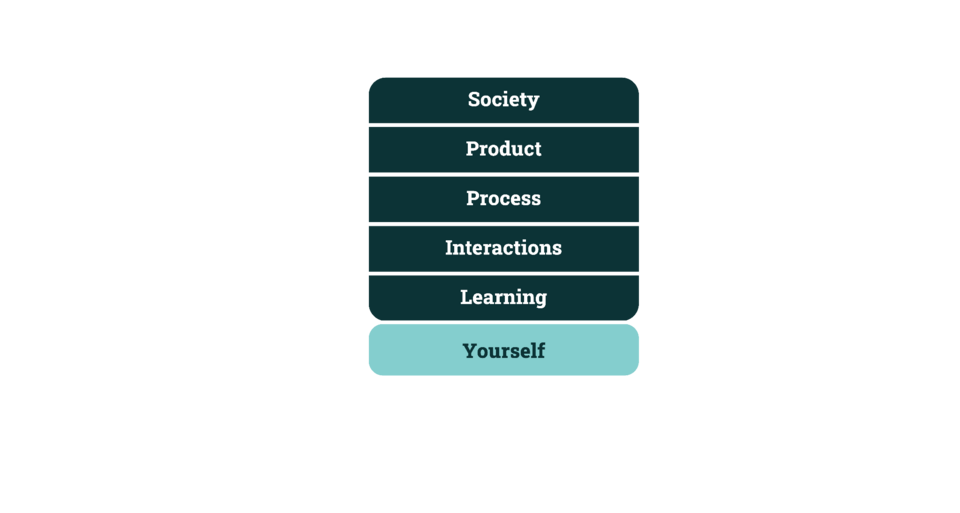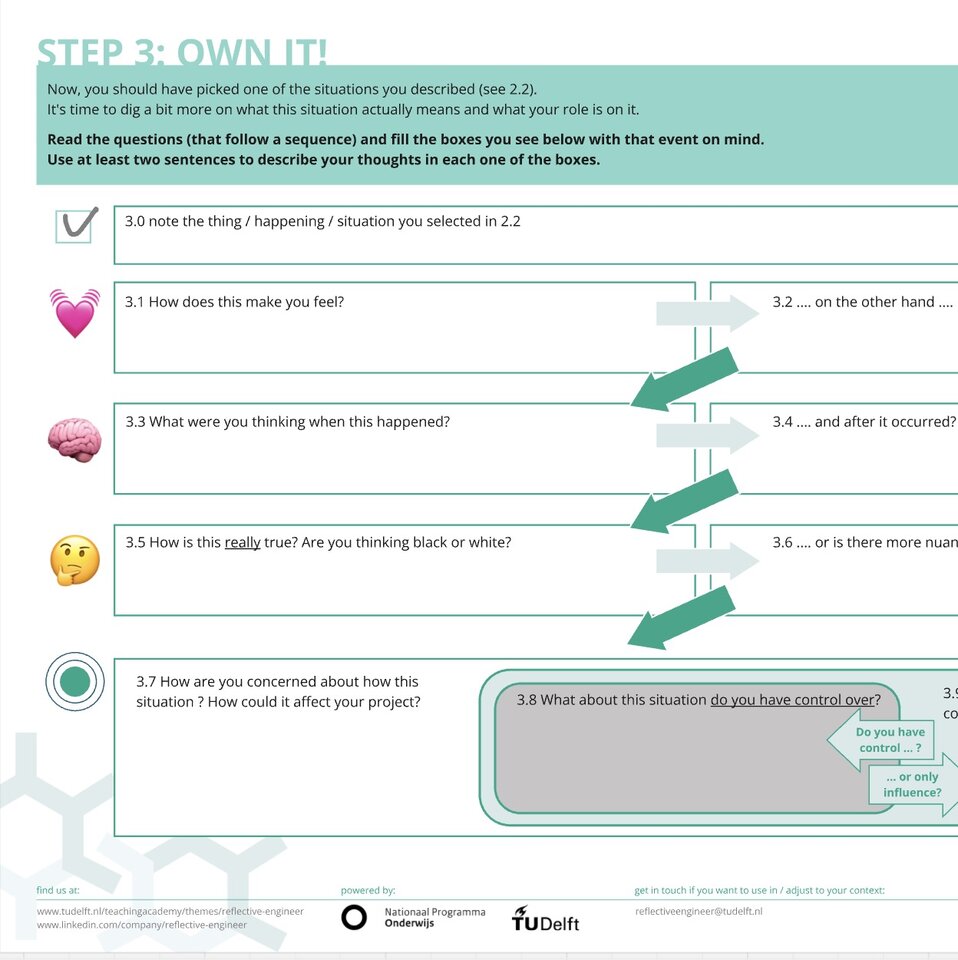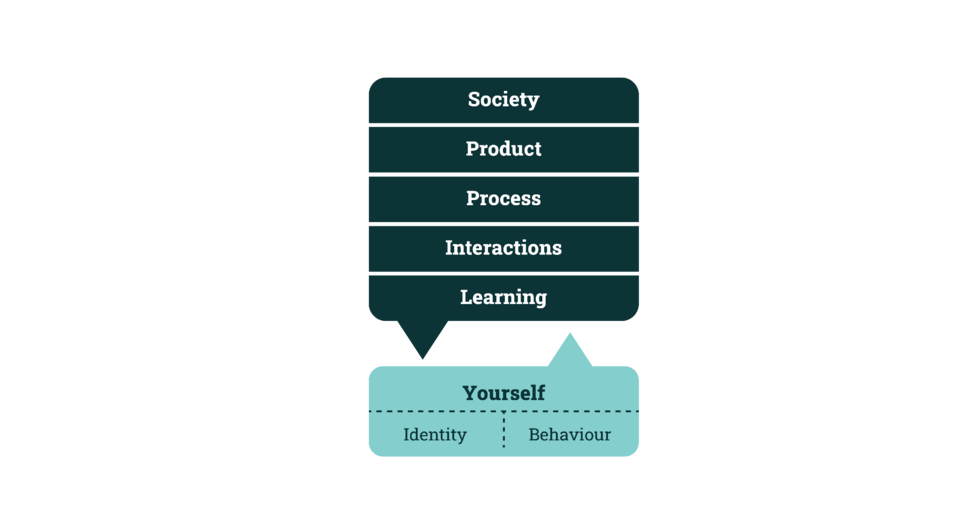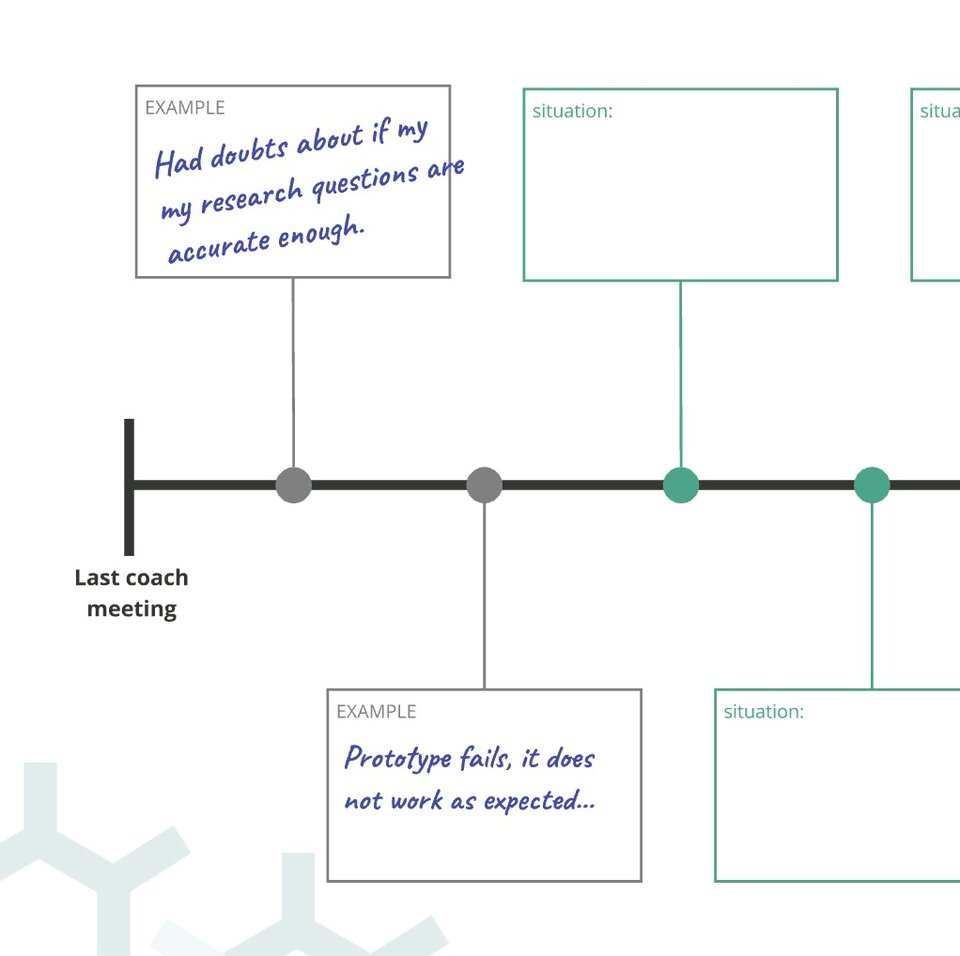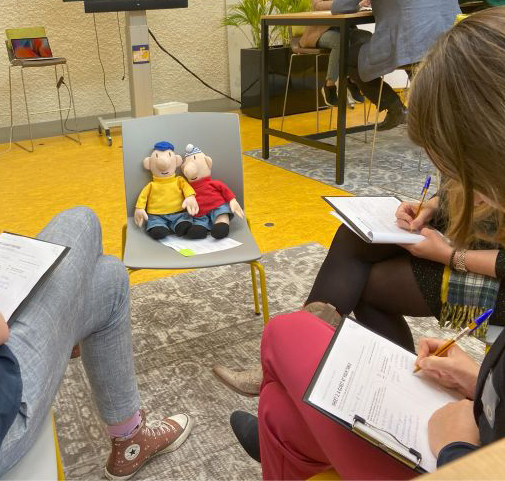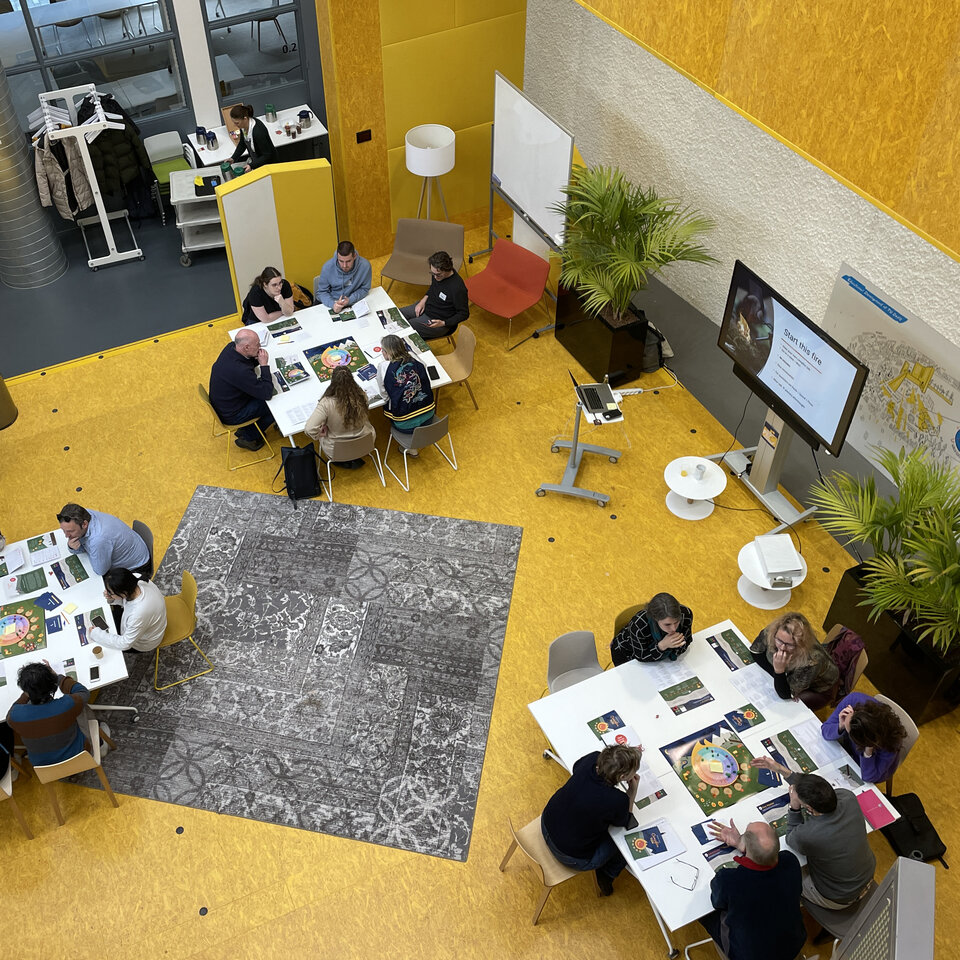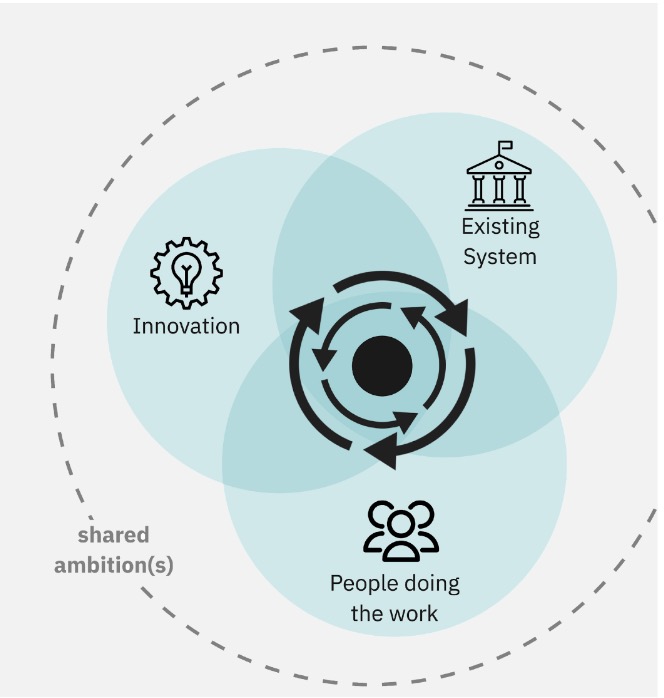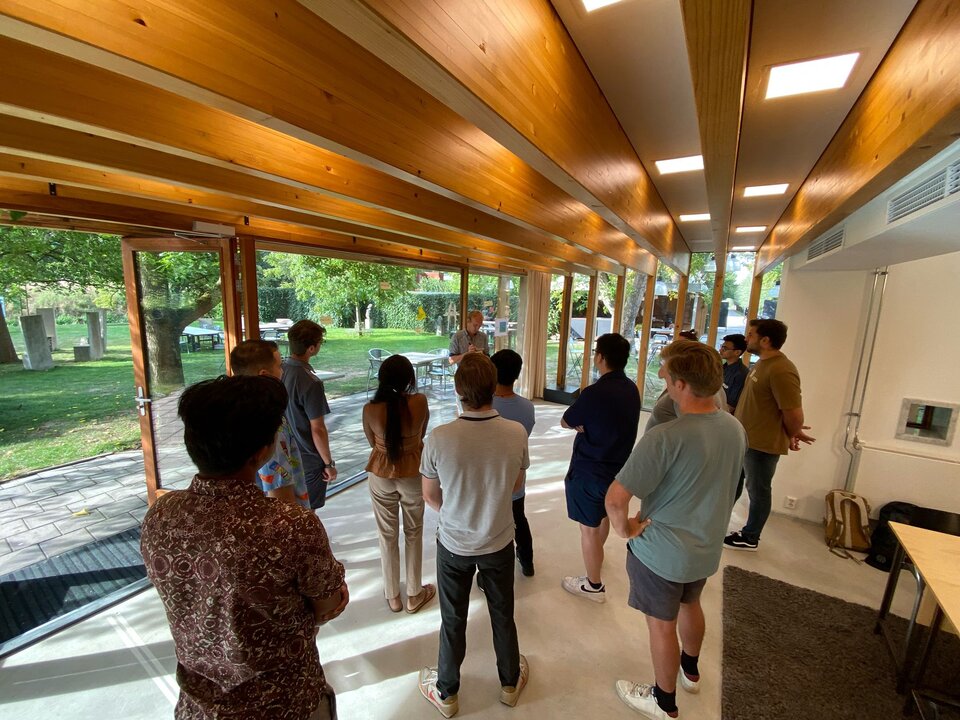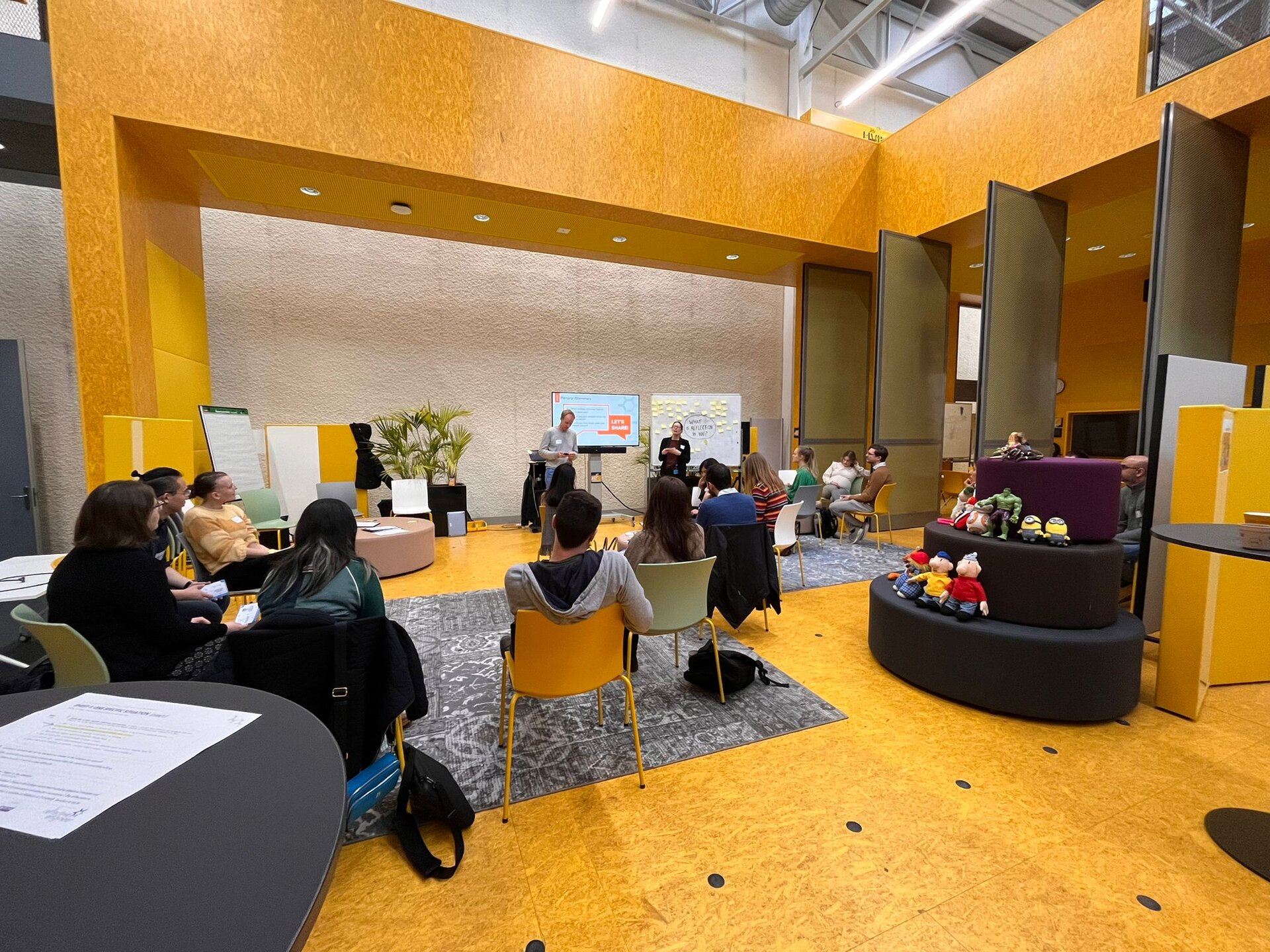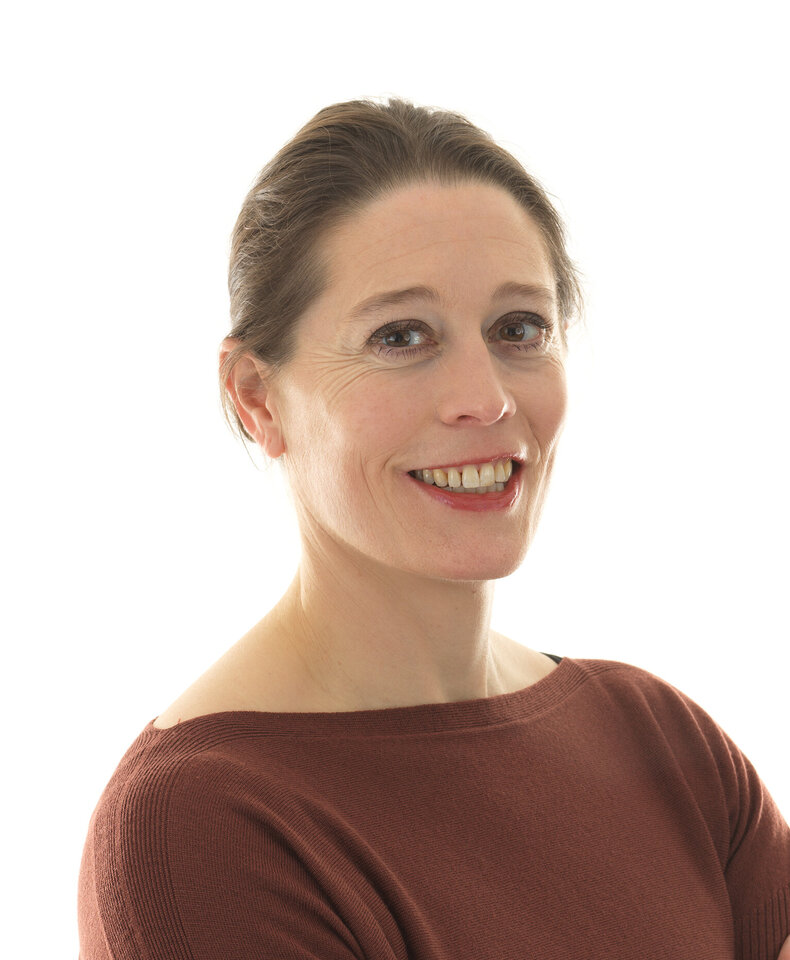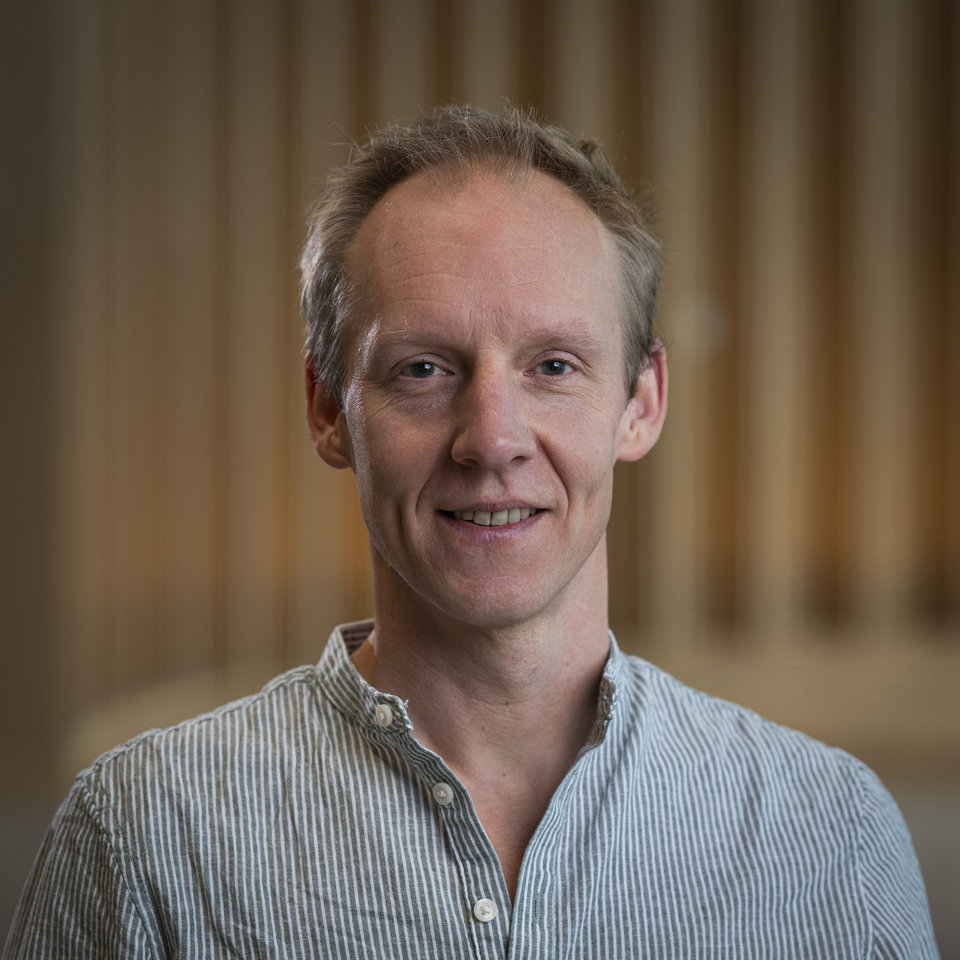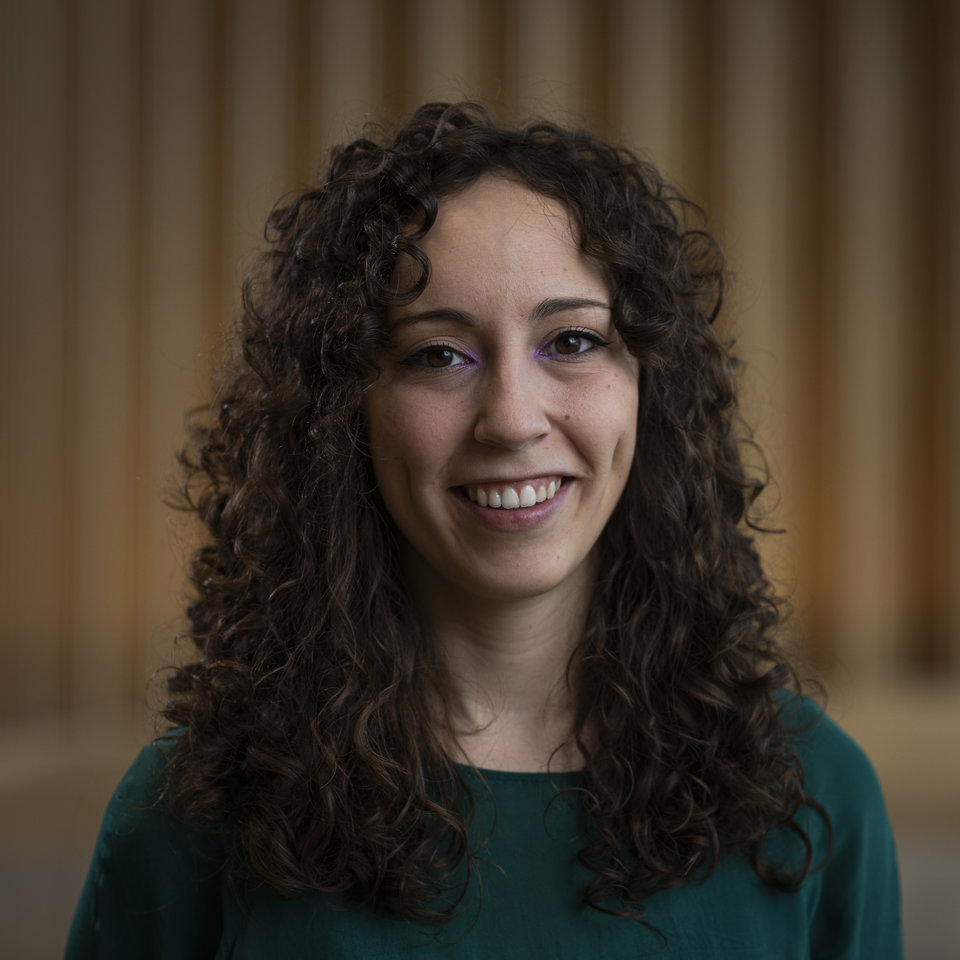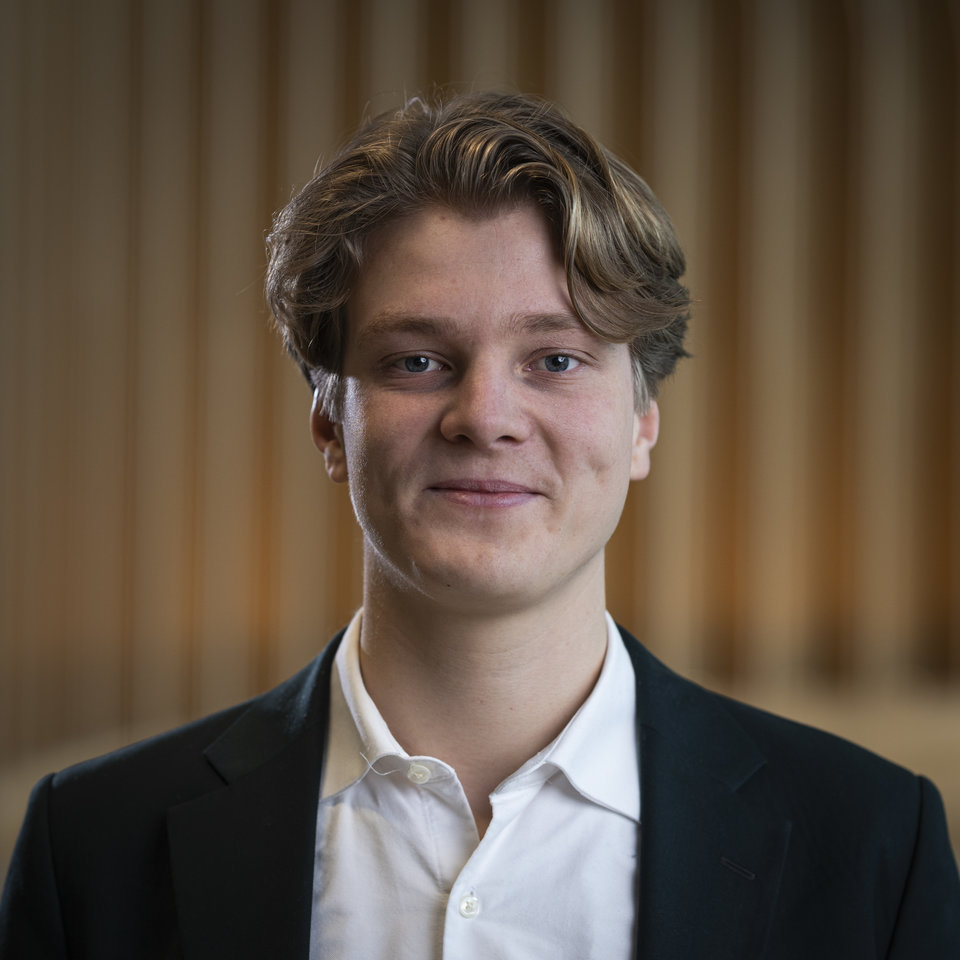Program Reflective Engineer
We aim for meaningful reflection in education, where students and lecturers learn to relate their inner perspective to other perspectives, other people, the environment, external incentives and goals. Reflection is not just a thought experiment, it is applied in practice. It needs to be trained, by being confronted with (situated) examples and offering the space and support to be guided through them.
TU Delft Vision on Teaching & Learning 2024-2030
Transformative Reflection in Engineering Education
Reflection is a fundamental part of (any) work or learning process, an integrated, core skill, essential for learning, ethical awareness, empathy and collaboration. Reflection in engineering education, however, often comes as a separate, written task focused on evaluating outcomes and process at the very end of everything. Many find it not worthwhile.
When we integrate reflection within our (inter)disciplinary education in a meaningful way, it can stimulate a shift in a learners' perspectives, frame of reference, and habits of mind. Then, it supports engineering in global context in an authentic and professional way. This kind of transformative reflection typically involves the six elements outlined below. Check the project examples and the program setup to learn how we make that happen.
“I have become more confident in asking for help, and learned to be less afraid of interacting with people in a higher position than me.”
Student, RISBO Survey Reflective Engineer 2024
Reflective Engineer Program
While engineers often focus on measurable outcomes, reflection involves abstract thinking and the exploration of multiple perspectives, revealing a range of truths rather than a single correct answer. Engineers typically limit reflection to the engineering process or outcome, however, in our complex socio-technological society, broader reflection is essential for becoming a responsible professional.
The Reflective Engineer program is dedicated to transformative reflection in engineering education and to initiate a fundamental change in how we design for it in (engineering) education. Instead of promoting one-size-fits-all practices, we support the development of meaningful reflection by creating awareness and offering information, structure, and vocabulary, thereby empowering instructors to implement reflection within their specific context.
Get in Touch
Looking to enhance your education through thoughtful reflection?
Or would you like to know more about journey or learn from our experiences?
“Reflection felt like something I had to add, but I now see how it can make students think differently and possibly more deeply about the content.”
Researcher-Lecturer, RISBO Survey Reflective Engineer 2024
